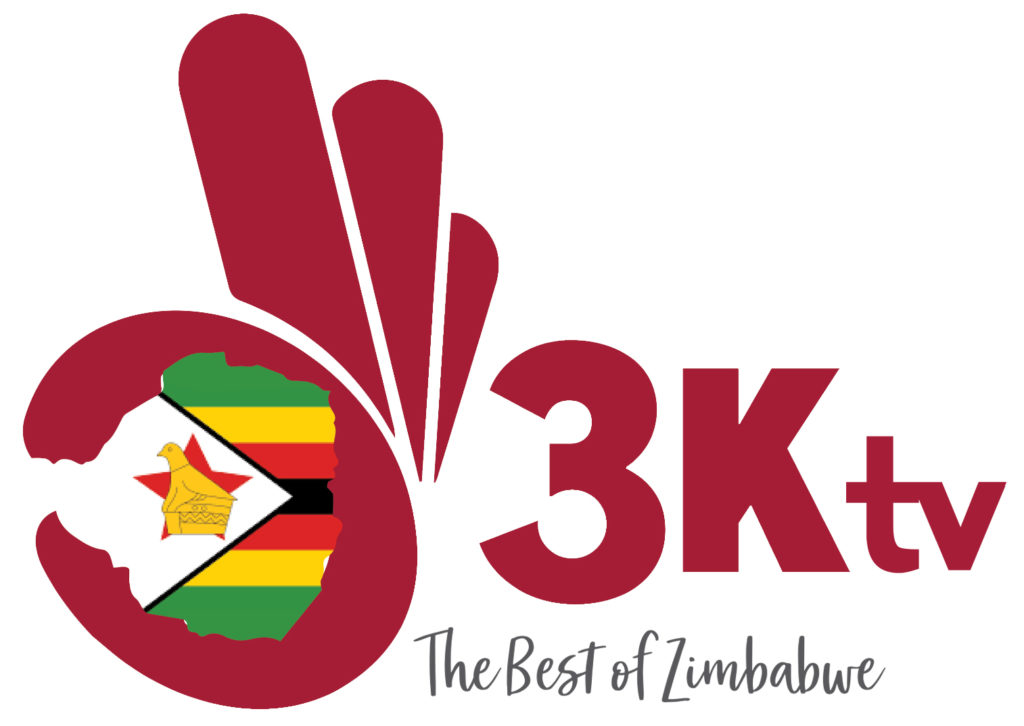INFORMATION, Publicity and Broadcasting Services ministry permanent secretary Nick Mangwana, says independent commercial television station, 3Ktv, is a shining example to the newly-licenced commercial stations in serving the national interest.
Mangwana said serving the national interest was the international standard practiced by stations like CNN in the US or Aljazeera in Doha Qatar.
“The station has also proved that one can have a very independent station, but still remain focused on serving the national interest.
As a Ministry, the viability of the commercial television stations that we licensed is key to the success of our policy thrust of having both plurality and diversity in that space. “3Ktv was the first of the six commercial stations to be launched and go on air.
They have done very well, particularly through their current affairs programme — Vantage. The spin-offs from this program always find themselves on the front page of the Daily News courting more audience.” Mangwana said the new television stations coming on board were positively impacting the broadcasting services sector.
“We have always needed a lot of outlets for our local content and local productions. There are a lot of backward linkages which help with the harnessing and industrialisation of local talent. For example, it helps our music when local videos are featured on our televisions as well as those who are into acting.
“When it comes to news and current affairs, the audience is given alternatives and robust choices. Our broadcasting industry has come of age. The other day I heard there is stiff competition between the broadcasting houses for skills and talent. This can only help drive up the remuneration for top talent,” he said.
“And of course monopolies tend to create advertising price distortions. Now with competition, the commercial sector will benefit from lower production costs and sensible airtime rates.,” he added.
As the 2023 harmonised elections draw closer, Mangwana said the government expects new television stations to inform the electorate as well as to interrogate the policies of all contesting parties.
“The new television stations in particular and media, in general, are expected to put them to task to show where they expect the funds for their promises and manifesto items to come from. Coming to the electorate with a shopping list that does not show the source of funding is taking the common person for granted.
“We expect the media to stand in the gap on behalf of society to ask the burning question so that the voters will make informed choices. Television because it’s a visually aided medium can play a critical role in entertaining and yet informative debates.
“We also expect fair coverage of candidates. We expect rational comparisons of candidates and a sustained exploration of issues. Let us get information about the character and depth of each candidate,” he further said.

Mangwana said Zimbabwe deserves to know who would be vying for the highest office in the land insisting that the new television stations have the space to deploy themselves as a powerful tool of political communication.
“We can only brag about the maturity of our democracy if our media does its job and we have an informed electorate. The media is a crucial watchdog for our democracy. They safeguard transparency and accountability. So, we expect robustness from the television space.
“For this to happen, we should have a high level of professionalism and fewer newsroom activists and commissars. The standards and values should be at their highest as this is the first time we are going to elections with more than one local television station. We are actually going in there with six independent stations,” he said further.
Turning to the digitisation project, Mangwana said funding the project through the fiscus has proved to be a challenge because of other contesting interests. “This year our funding from the fiscus can only fund one full transmitter.
We do understand that there are other priorities, so we have to use our imagination to come up with other alternative funding sources. “So far we have 18 completed transmitters out of a target of 48. We also have some partially complete sites, which need the equipment but progress remains slow.
“That’s why we believe if we use the digital dividend, we can do as many as 10 transmitters in just one year. “That would certainly improve the access to information and ensure the public enjoys the investment made so far by the government,” Mangwana said.




